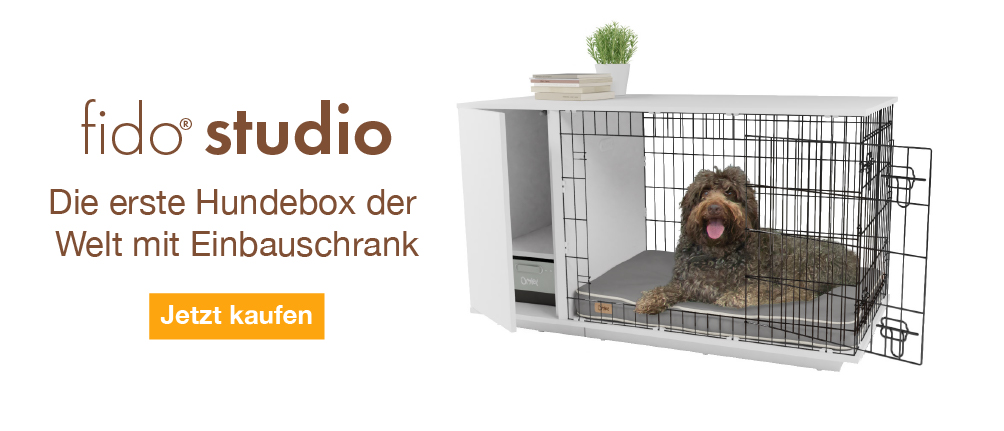Irish Terrier










Geschichte
The Irish Terrier is one of the oldest terriers and was first discovered as a recognised breed in the 1870's. Common practise in the UK was to crop the ears of working terriers, but in 1889 the Irish Terrier Club required all dogs born after a certain date to have their ears intact. This led to a complete ban of ear cropping in Great Britain. Irish Terriers formed an important function in World War I, carrying messages in the trenches and were highly praised for their working ability. Today, they are rarely seen outside the show ring.
Verhalten
The Irish Terrier is a loyal, fearless and intelligent friend. They are devoted to their family, okay with cats if raised together and are playful and loving with children. They can become very protection of their family, to the point of aggression, so early socialisation is absolutely critical with this breed. Inviting lots of strangers into the house for the first few weeks/months is very important. Any rodents in the house though, don't stand a chance. With other dogs, they can be aggressive towards those of the same sex and will refuse to back down if challenged - no matter how big the other dog is. As above, early socialisation should sort out the issue and owners are encouraged to join puppy classes and obedience classes later, to encourage social skills with their dog. Irish Terriers are clever yet stubborn and will only learn if they feel they will get something out of it. Praise, food, toys and play are all good incentives for their training, but you will have to be creative to keep them interested. Keep it short and simple to get the best results. They learn very quickly and love the attention from you when they do something right. This doesn't make the training easy though. Irish Terriers like the sound of their own voice so the 'quiet' command should be taught from an early age. Some dogs like to dig, others don't, if yours does, providing a sand pit or special area will protect the rest of your garden. The natural instinct to hunt small furry creatures is ever present with Teriers and the recall command is a tricky one to teach. Rest assured, as they get older, recall will improve, but it will take years rather than months. They like lots of exercise and a chance to run around and play, search and investigate. They do well in agility competitions and obedience and are a devoted shadow when properly trained.
The Terriers dense wiry coat should be stripped twice a year and brushed weekly. If the coat is clipped, it loses its colour and becomes less weather resistant. Irish Terriers are hardy dogs and are rarely sick. They hide illness/injury very well and it is sometimes hard to know that they are ill.
Charakter
The Irish Terrier has a plucky and courageous temperament. Dogs with strong character that will be assertive and independent without regualr reward based trained. This breed tends to show aggression to other dogs and small animals as they prefer to have all your attention and affection.
Great with children and well mannered indoors the Irish Terrier can make a great addition to many homes.
Gesundheitliche Probleme
Health problems that can affect Irish Terriers include cystinuria (an inherited kidney disease that can cause urinary stones), progressive retinal atrophy (PRA: degeneration of the retina which can lead to blindness) and allergies.
Einzelheiten zur Rasse
- Status: Common
- Lebenserwartung: 13 - 14 years
- Gewicht: 11 - 12 kg
- Höhe: 13 - 14 years
- Selten: Nein
- Fell: Mittel
- Pflegeanforderungen: Mehr als einmal pro Woche
- Stadt oder Land: Beides
- Mindestanforderungen an Umgebung: Kleines Haus
- Mindestanforderungen an Garten: Kleiner bis mittelgroßer Garten
- Rassetyp: Hund zur Schädlingsbekämpfung
- Größe: Mittel
- Energieniveau: Mittel
- Benötigte Bewegung: Bis zu einer Stunde













